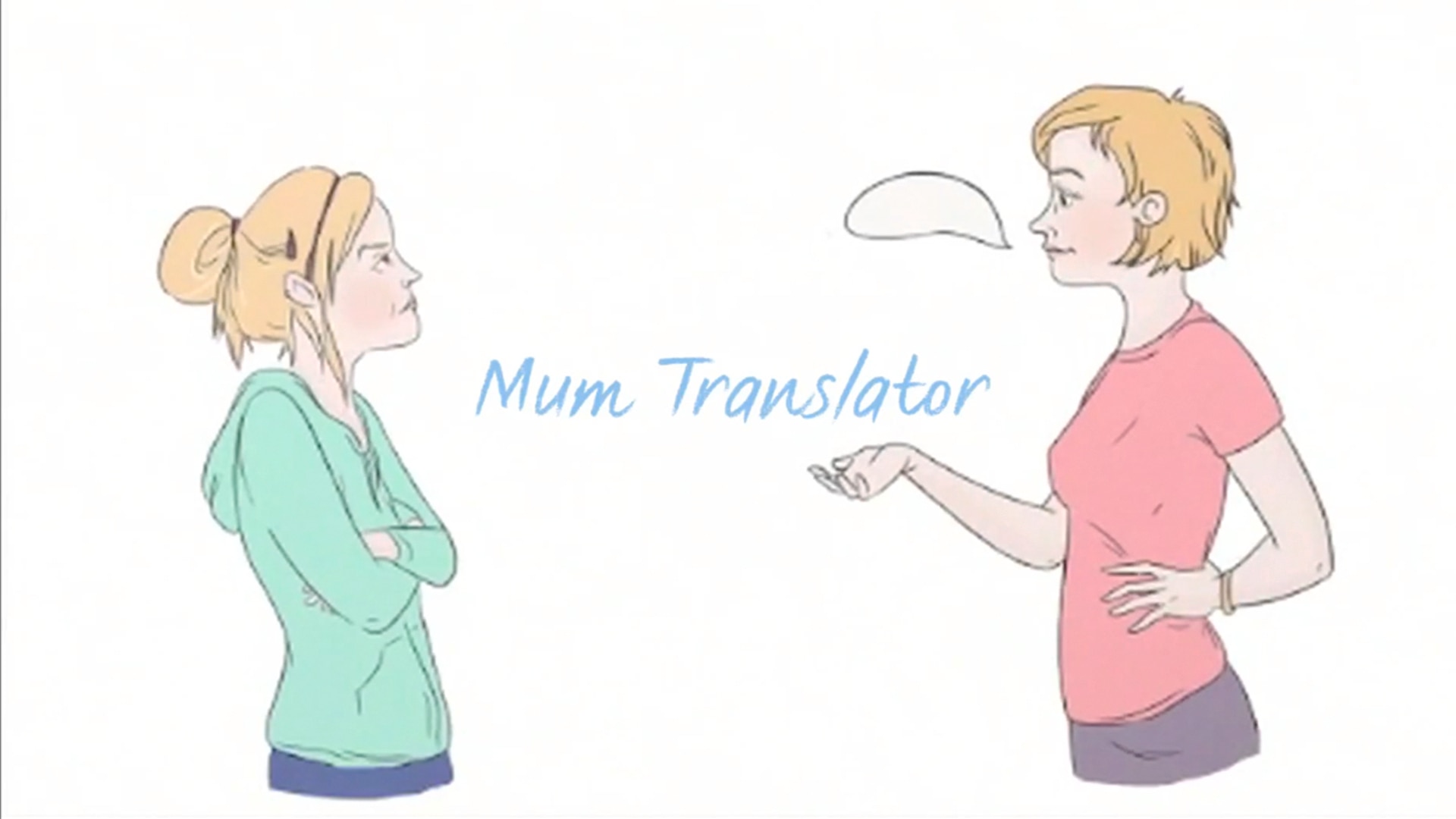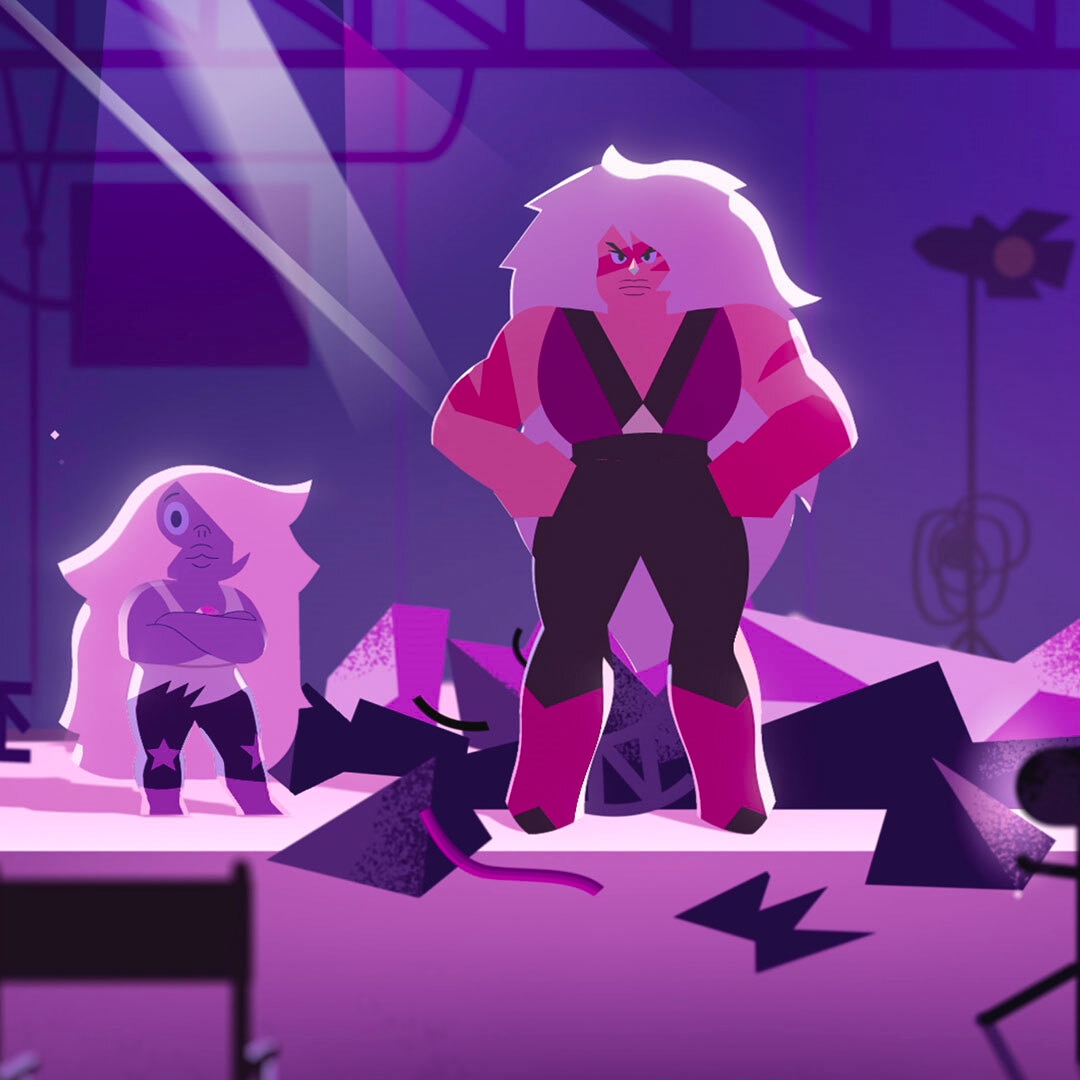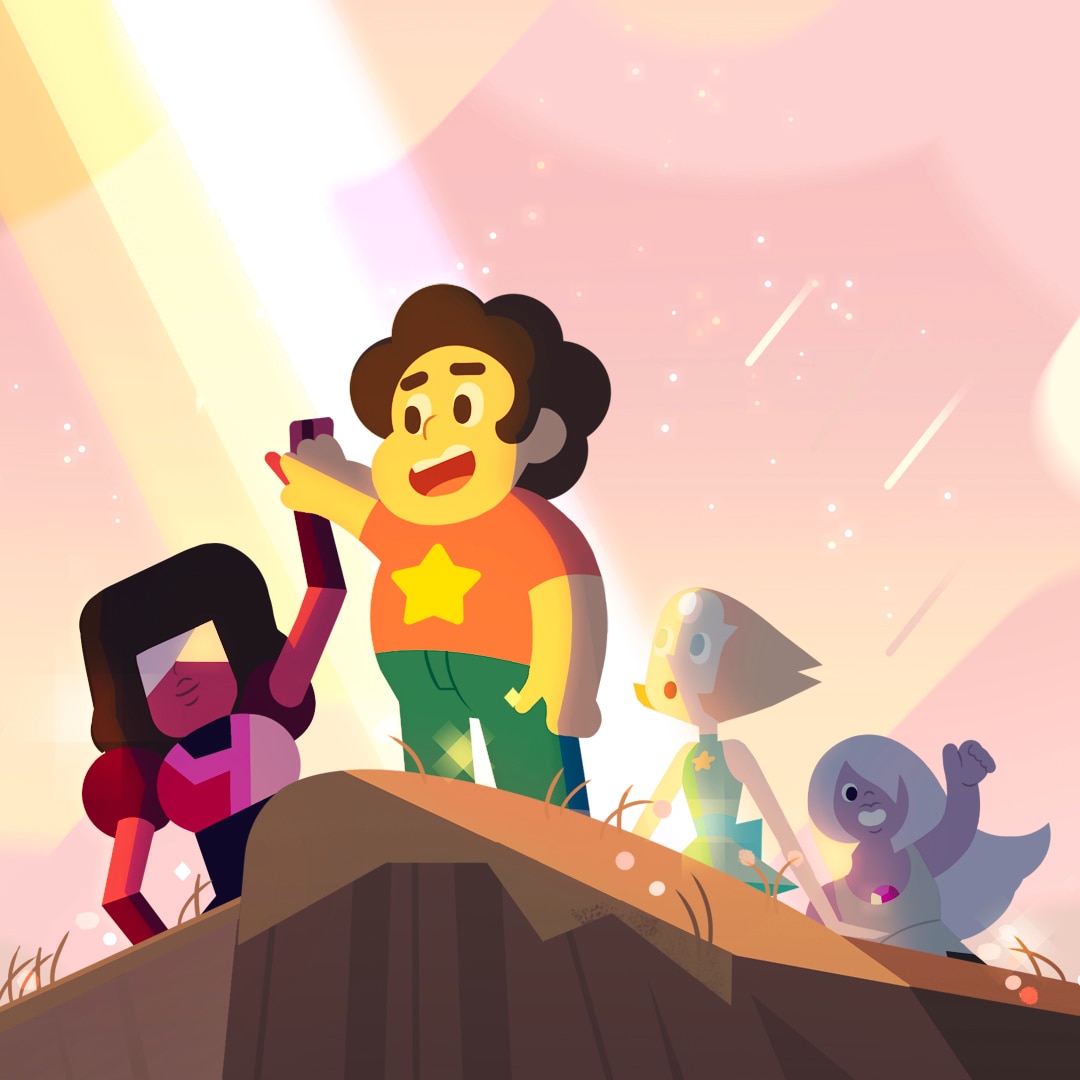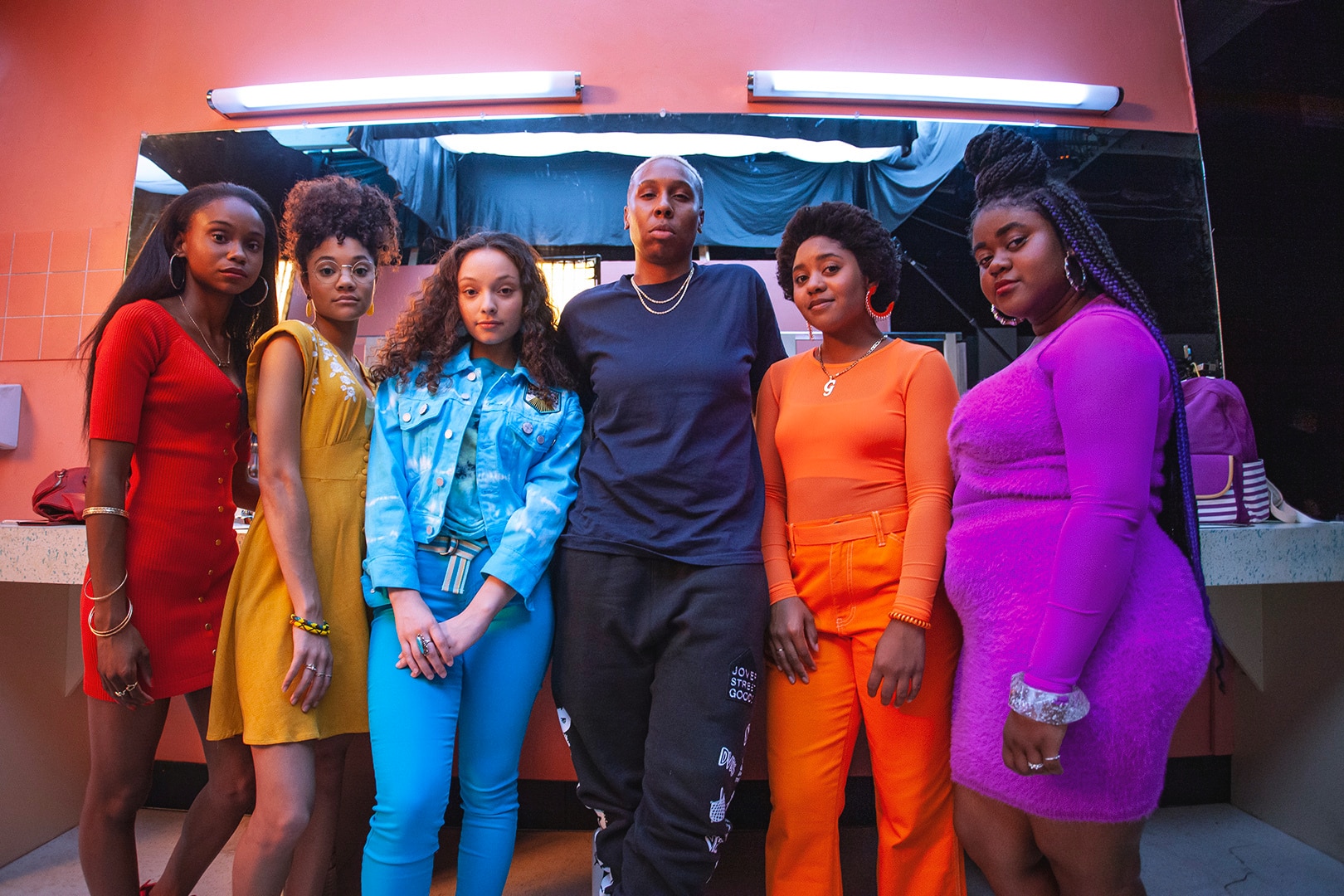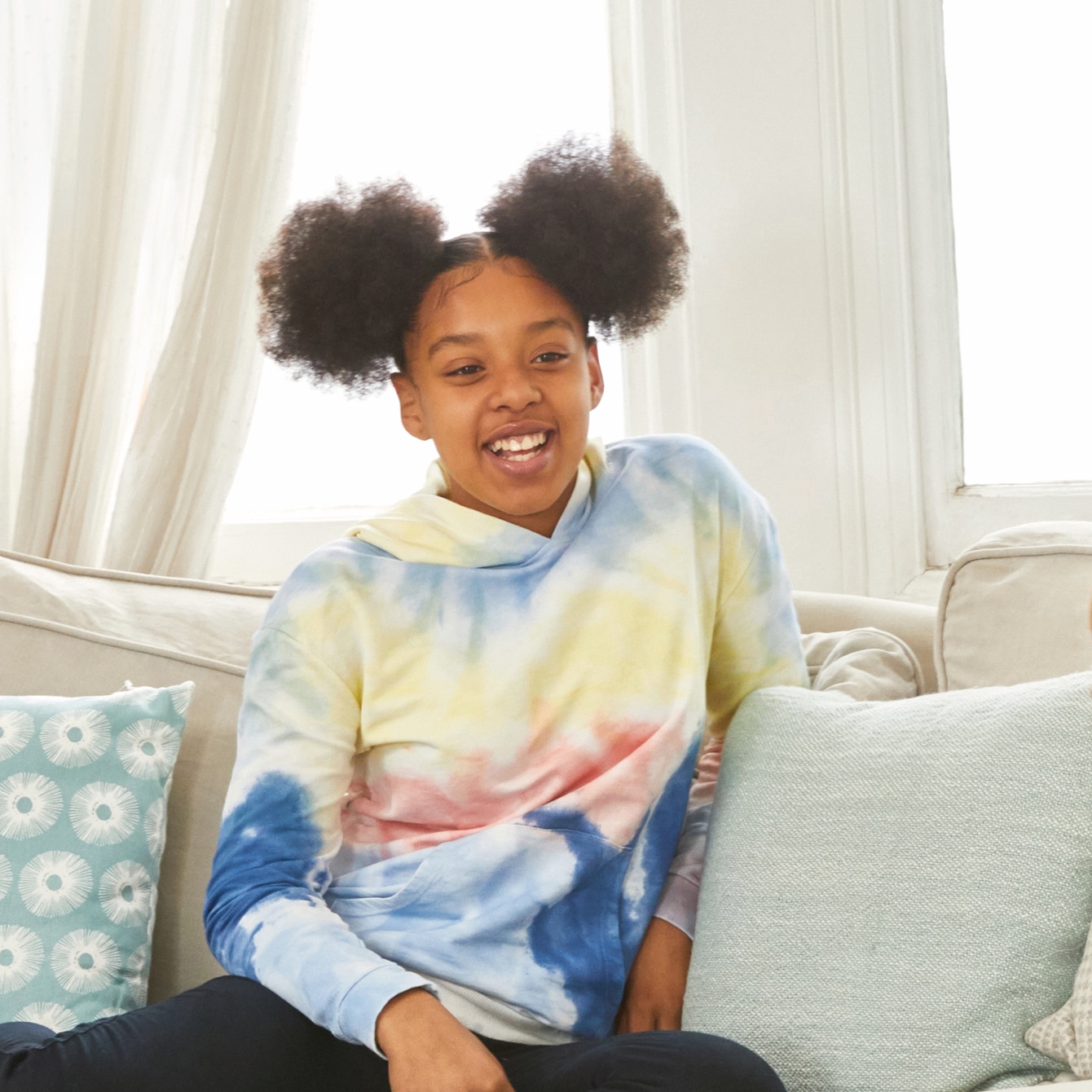When you were growing up, you probably turned to your best friend or your diary when you needed to pour your heart out or share your insecurities – not to a global audience. But these days young girls may upload videos of themselves to public online forums in which they talk to the camera about their appearance and ask the question: ‘Am I pretty or ugly?’ or ‘How pretty am I?’
Why are ‘Am I pretty?’ videos and posts popular?
Search ‘Am I pretty?’ or ‘Am I ugly?’ online and you'll find millions of links to photos and videos of girls aged 9 to 13 asking these questions.
There are various theories as to why this trend has gone viral – boredom, attention-seeking, simple curiosity. However, one common thread is that these girls have often already been teased or bullied about their appearance offline – and have taken to the internet to confirm or negate it.
Cammy Nelson, a media literacy speaker and activist, says: “They’ve placed their self-esteem in the hands of the bigger world that is the internet. Twenty ‘Likes’ on a selfie is worth more than a compliment.”
Girls in their tweens and teens often feel anxious about their growing and changing appearance, especially if they’ve been bullied about it – and social media provides a ready-made platform for feedback. Unfortunately, that feedback can be negative as well as positive.
Who responds to ‘Am I pretty?’ videos?
These girls are inviting verdicts on their appearance and there are thousands of people willing to respond, often anonymously or under an alias. Louise Orwin, a UK performance artist keen to understand this phenomenon, uploaded ‘Am I pretty or ugly?’ videos to YouTube posing as three different teenage girls. She says: “I had assumed that most of my audience would be teenage girls; however, when I researched my commenters, I found that nearly 70% were men over the age of 18.”
Orwin describes receiving more than 4,000 comments – 70% of which were negative. Not only are these comments critical, but many are also cruel and hateful, pointing out specific physical attributes as unsightly. Others are sexual in nature, objectifying and sometimes inviting a response.
Protecting your daughter from the lure of the ‘Am I pretty?’ test
Aside from the threat of predators, research has shown a correlation between appearance-related teasing and body dissatisfaction. Unsurprisingly, an association also exists between negative weight-related comments and eating disorders.
Part of protecting your girl from these risks is being informed.
Staying on top of the latest technology and social media sites can be overwhelming, so talk to your daughter about her social media usage and who she's sharing photos and videos with.
Start a conversation about the ‘Am I pretty?’ test trend. Chances are she's heard of someone who's done it – or perhaps even tried it herself already. Discuss why posting an ‘Am I pretty or ugly?’ video, or seeking feedback about her body from strangers, can be harmful. See below for tips.

